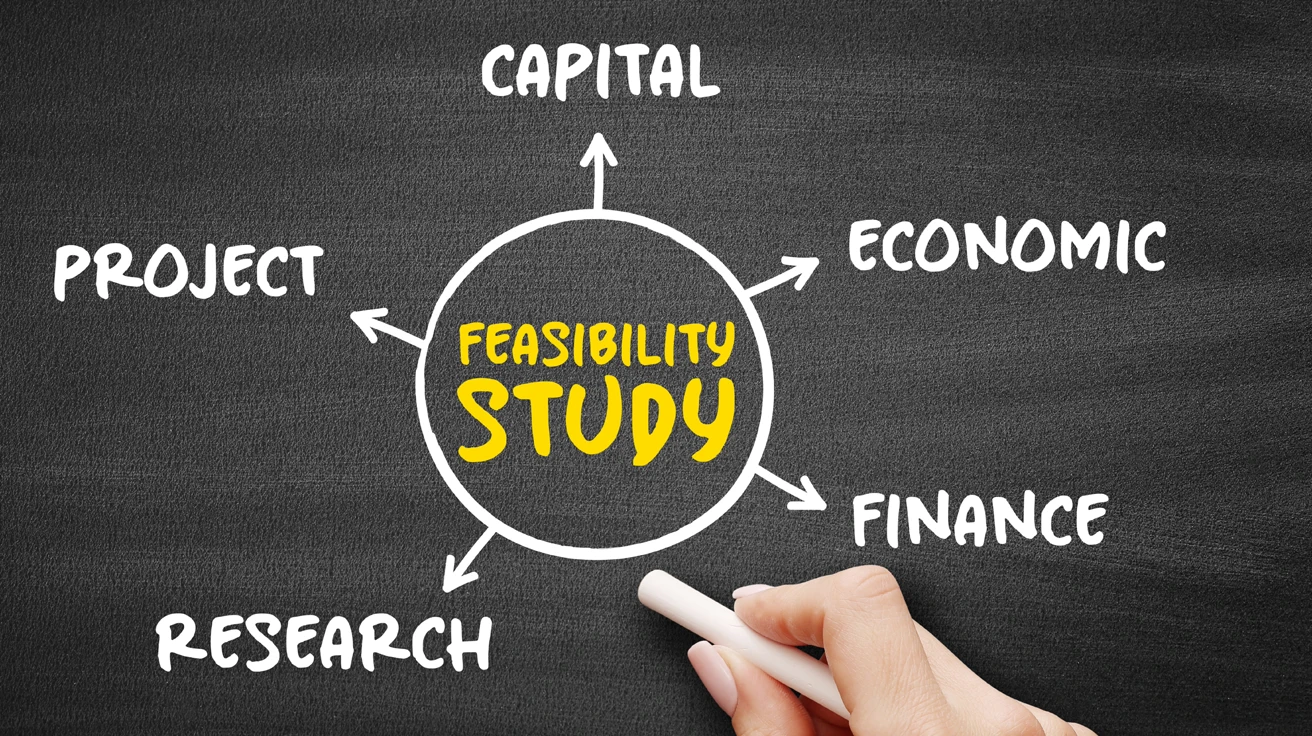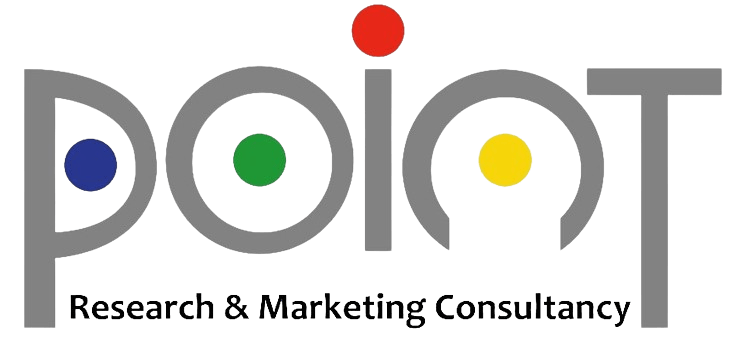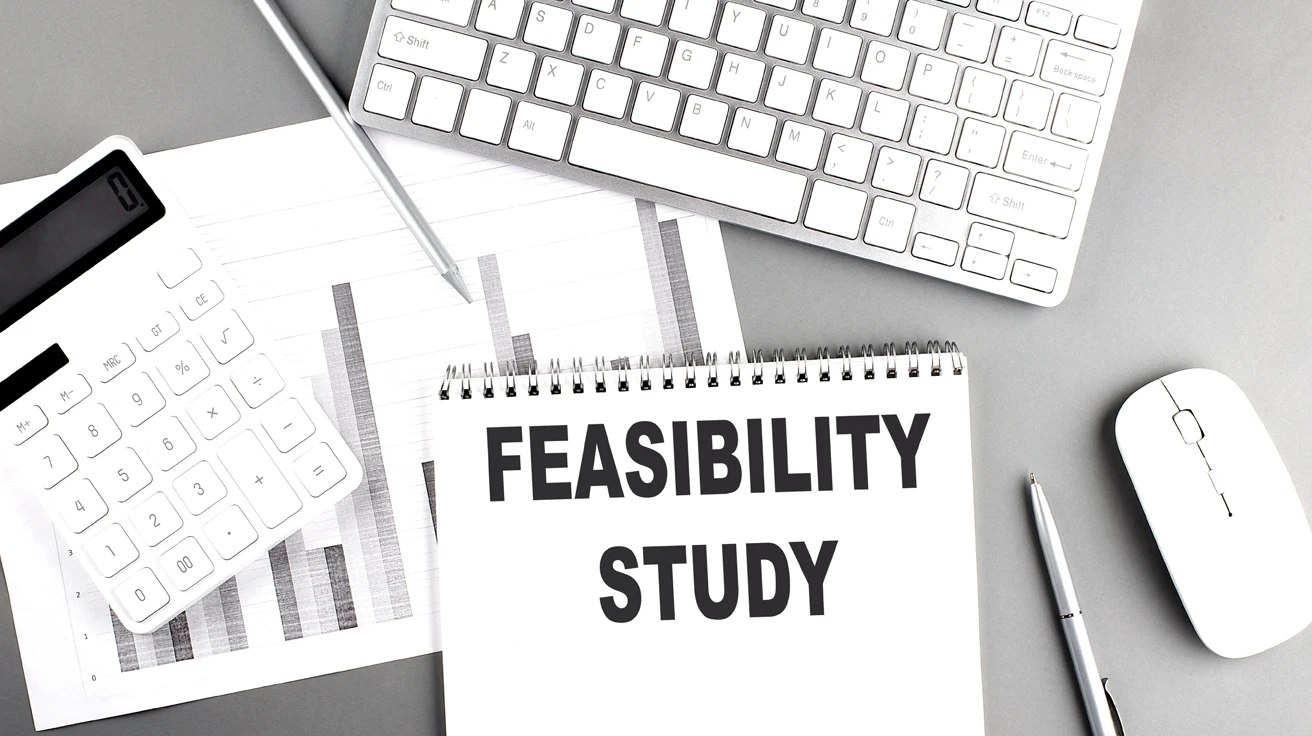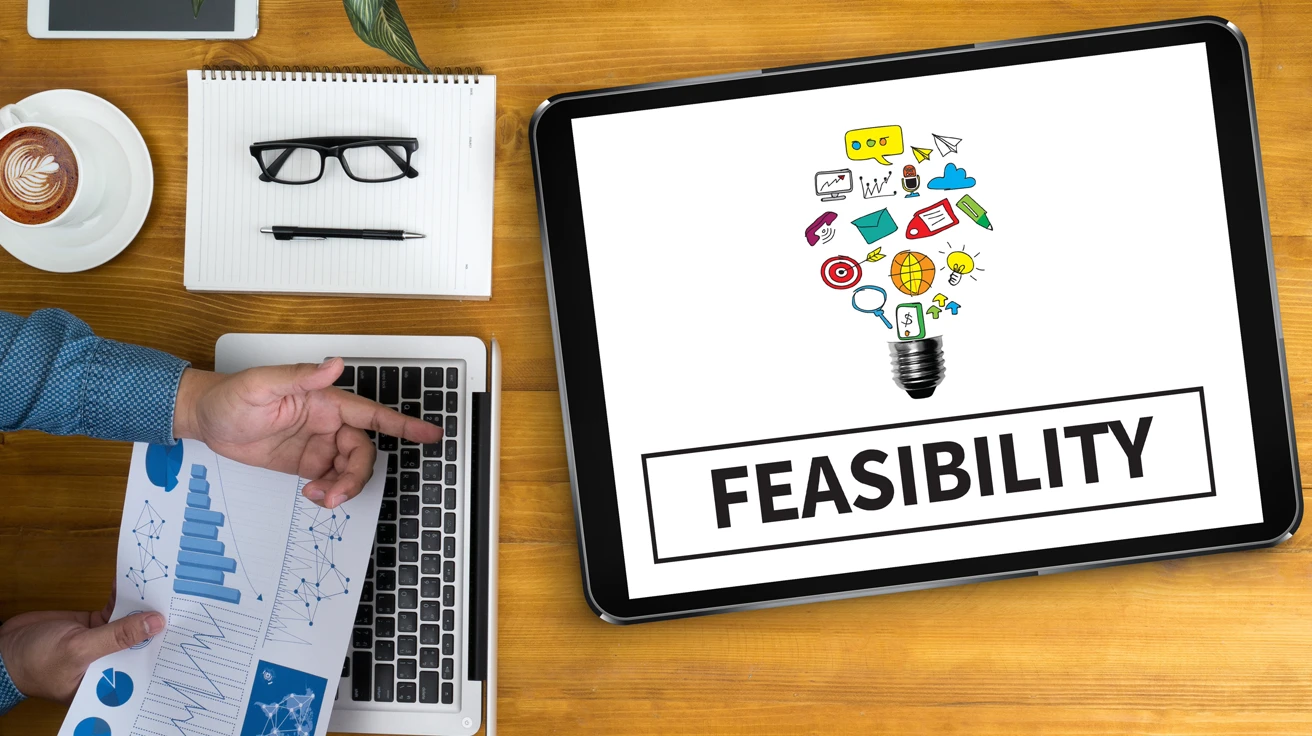
Feasibility Analysis Study is perhaps the most critical process for any company that would like to start or expand successfully. It is not just writing a paper; it is analyzing comprehensively whether a company idea can be transformed into a profitable and sustainable reality. From studying costs to knowing risks, this study allows entrepreneurs and investors to make informed decisions.
Why Businesses Require Feasibility Analysis
Before investing in capital, businesses must understand if their idea is feasible, sustainable, and can be profitable. A feasibility study identifies opportunities and pitfalls early on, providing decision-making with an evidence-based foundation. It takes into account critical aspects such as market demand, finances required, technical requirements, and potential hurdles.
Most businesspeople assume that their idea is going to succeed because it sounds plausible on paper. It only requires a well-organized examination to confirm plausibility. Through spending on a proper study, businesses reduce the likelihood of unexpected financial losses and have a better roadmap towards long-term success.
Cutting into the Cost of a Feasibility Analysis Study
The cost of conducting a feasibility analysis study can be very disparate depending on project scale, industry requirements, and the extent of details required. For small-scale startups, it might take a fortnight and be less costly than running large business projects involving months of research, financial modeling, and sectoral analysis.
Common costs incurred are:
Market Research: Customer demand, competitor action, and knowledge of industry trends.
Financial Analysis: Investment needs, profitability, and cash flow projection.
Operational Planning: Review of logistics, supply chain, and technical needs.
Risk Evaluation: Identification of potential risks and mitigation methods.
Companies should view this expense as an investment and not as a cost because accurate information can save much greater amounts in the long run.
The Role of Market Research in Feasibility Studies
Any strong procedure of feasibility always involves carrying out detailed market research. Through analyzing trends among customers, competitor size, and competitor performances, firms can validate whether or not their idea aligns with actual demand.
It is here that market research consultancy services come into play. They provide professional advice on the marketplace, helping businesses to make accurate estimations. Similarly, availing services of market research agencies Dubai or market research firms Dubai can help ensure that the data utilized is authentic and relevant to local conditions.
Disseminating research cost appropriately is a necessity. The findings not only guide feasibility but are also the cornerstones of plans in the long run, and therefore, the analysis is well worth the money spent.
Factors Affecting Feasibility Study Costs
Projects are not all equal in requirements. A hotel company will never demand the same kind of research like a factory or an IT start-up. Some of the factors that directly affect feasibility costs are:
Project Scale: Larger projects require more comprehensive analysis and higher lead times.
Industry Type: More specialized analysis is needed for industries such as construction or healthcare.
Geographic Scope: Expansion into international markets equates to the study of various geographies and regulations.
Data Depth: More precise results may be obtained through primary surveys, interviews, and field studies at an additional cost.
With careful planning and not taking on too much, companies can keep costs down without sacrificing quality output.
Value Beyond Cost: Why Feasibility Matters
Although the price of a feasibility study appears to be costly at initial stages, its worth far exceeds the cost. Accurate studies prevent companies from overestimating demand and underestimating expenses. They also instill trust among investors and financial institutions, enhancing the chances of obtaining funding.
Aside from that, feasibility reports offer an implementation blueprint. They estimate required resources, possible downfalls, and timetables. To businesses, this is not only an investor attraction magnet but an instrument to assist with everyday decision-making.
Feasibility Analysis in Diverse Industries
The use of the feasibility analysis study cuts across industries:
Real Estate: Investors can establish demand, pricing, and profitability before starting property undertakings.
Tourism and Hospitality: Helps to decide if hotels, resorts, or entertainment complexes will have enough clients.
Healthcare: Ensures if hospitals and clinics are in relation to the size of the population and the legislation.
Technology Startups: Ensures if the product is well-suited to the market and has potential for scalability.
Education: Helps to decide on demand for students and feasibility of new schools.
In every sector, the research determines if the business idea is feasible and how much realistic funding it will take.
Smart Budgeting in Feasibility Studies
Businesses are not just meant to budget the feasibility analysis study cost but also determine how best to maximize its value. Having objectives in mind before starting ensures proper use of time and resources. For example, in the event that the intent is pilot testing market demand, more money can be invested in consumer research and surveys rather than technical evaluations.
Working with experts such as a market research company ensures data is accurate and tailored based on company needs. With the right combination, companies get an analysis that is thorough without being too expensive.
Conclusion
Finally, while feasibility analysis study takes time and capital, it is a protective mechanism for businesses. It prevents wasted resources, identifies possible risks early enough, and provides a clear direction of expansion. Whether being done independently or supported by experts like market research companies in UAE, the insights acquired ensure that business ideas are not only feasible but sustainable too.
The cost of a feasibility study is not just a case of writing a report but protecting the business future. Through making smart investment choices today, investors and entrepreneurs are guaranteeing long-term prosperity.
Frequently Asked Questions(FAQs):
What is the purpose of a feasibility analysis study?
Its purpose is to determine if a business concept is viable, profitable, and sustainable before investing.
How much does a feasibility study cost?
The cost depends upon project size, sector, and research depth, ranging from a few thousand to much higher for an extensive project.
Is market research incorporated in every feasibility study?
Yes, since market research is a crucial part and verifies demand, customer preferences, and competitive factors.
Related Posts
How to Avoid Common Mistakes in a Market Feasibility Study
Market Feasibility Study is likely the most important resource for any business that plans…
Top UAE Industries That Rely on Feasibility Studies for Growth
Feasibility studies are the starting point for making sound business decisions. They allow entrepreneurs and…
Feasibility Study in Dubai: Step-by-Step Guide for New Businesses
Feasibility Study in Dubai is one of the most critical steps to take before starting…
Feasibility Study in UAE: Why It’s Crucial for Business Success
Feasibility Study in UAE is one of the most important aspects for anyone who wants…






